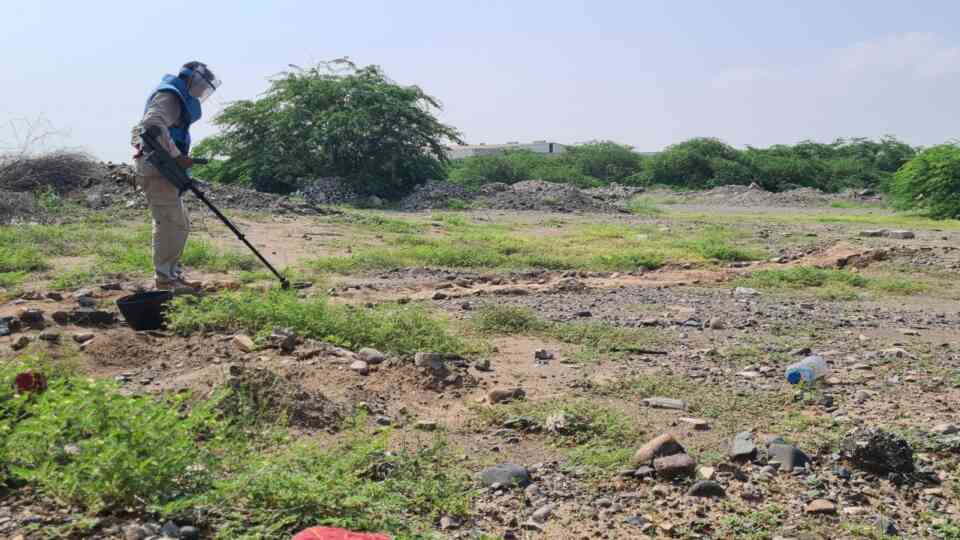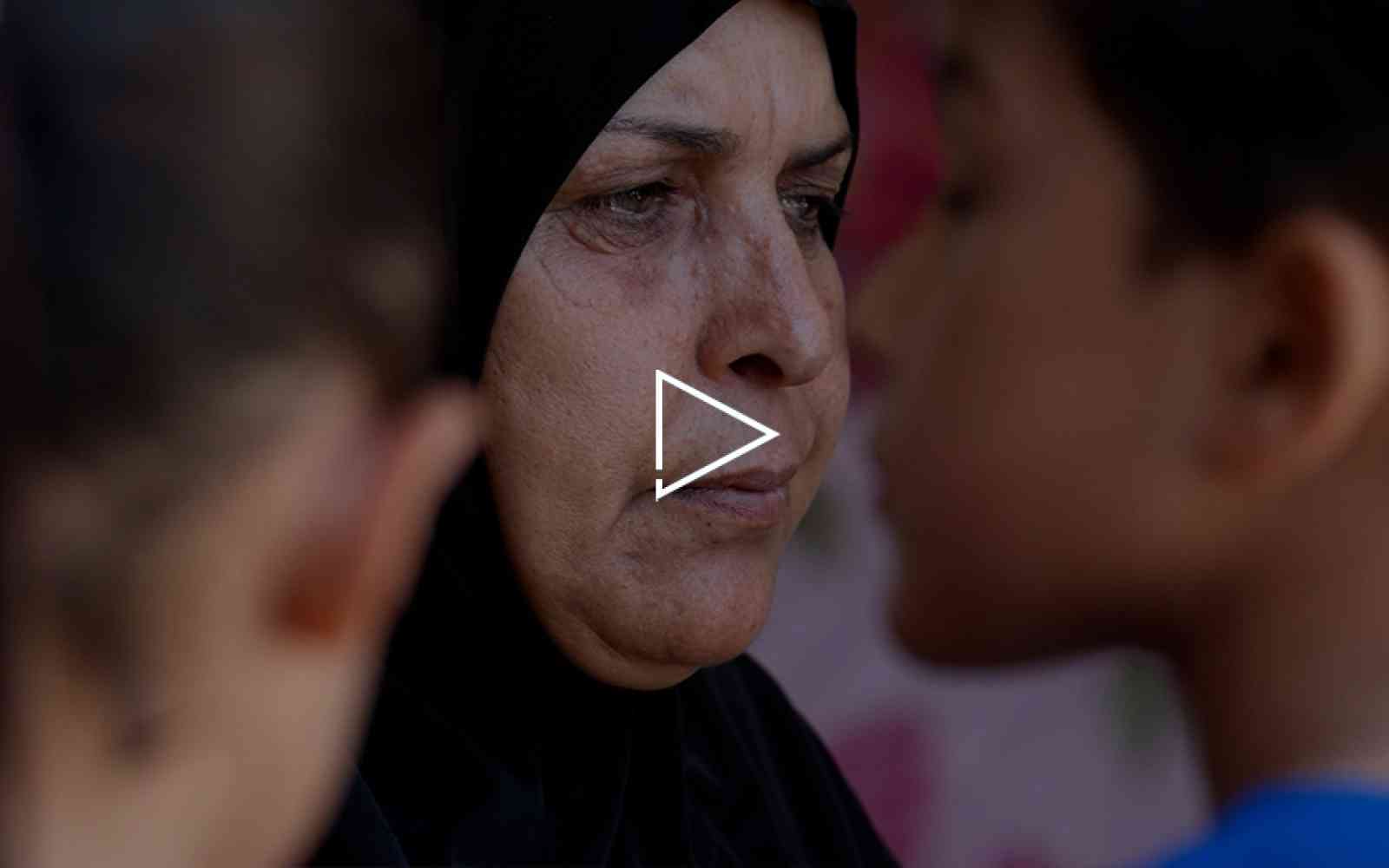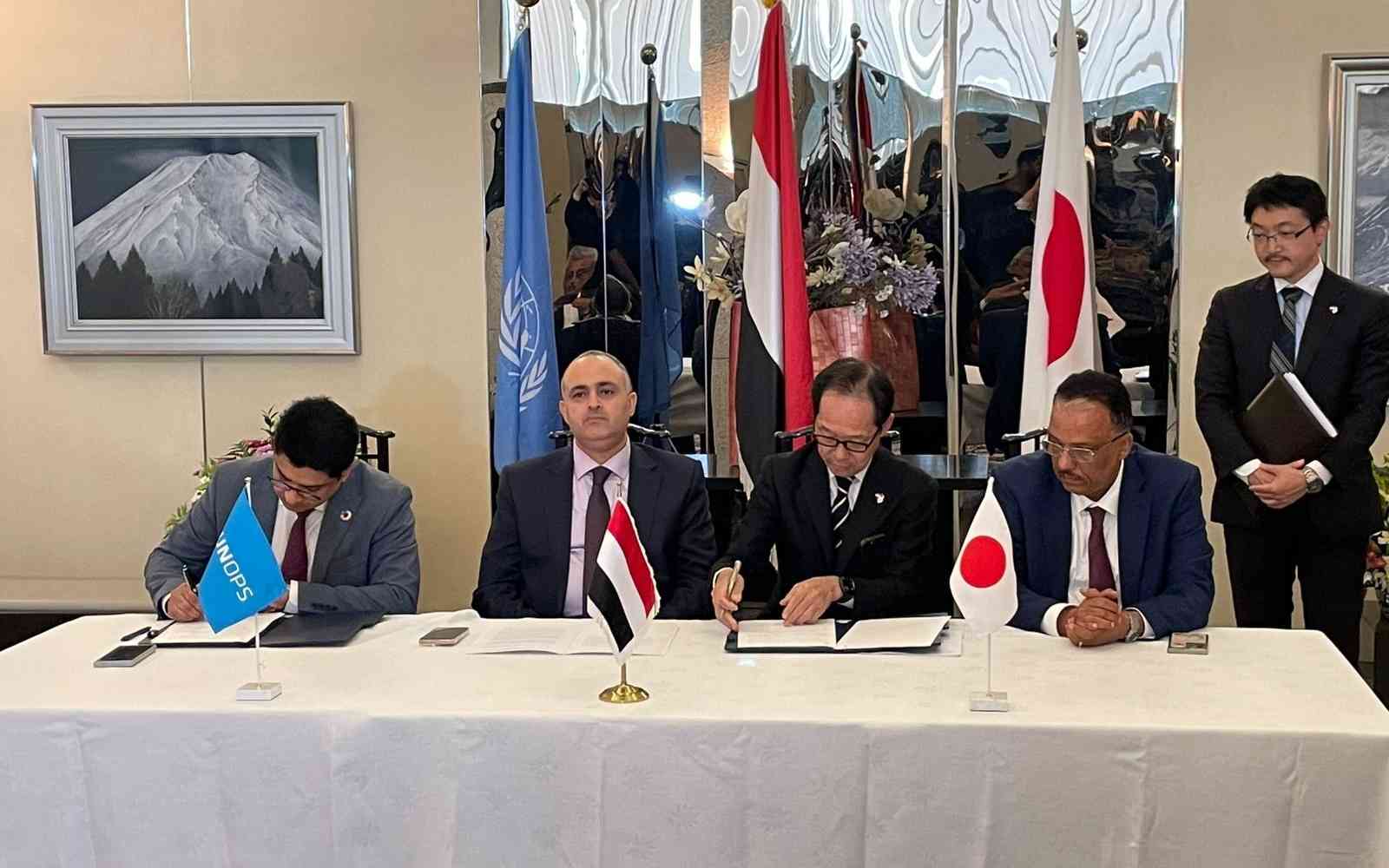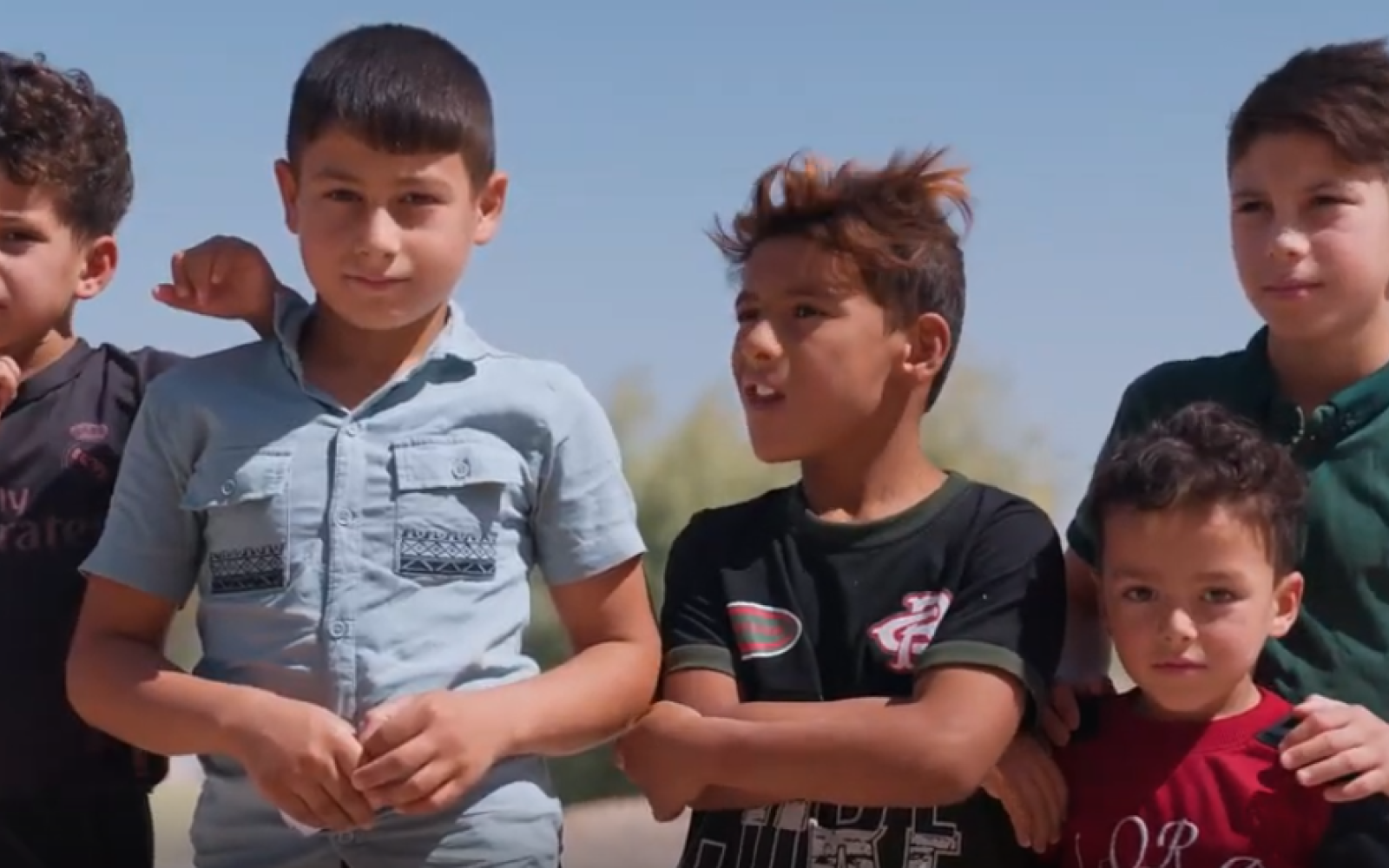The United Nations Office for Project Services (UNOPS)
Supporting humanitarian mine action in Yemen
UNOPS and the UN Resident Coordinator’s Office in Yemen are working to scale-up much-needed mine action operations across the country.
Years of conflict in Yemen have left a devastating mark on the country, including the widespread contamination of explosive remnants of war. This deadly residue of war poses a constant threat to the people of Yemen, particularly women and children.
The UN Resident Coordinator’s Office, in partnership with UNOPS and with funding from the European Union, has initiated a strategic reset of mine action operations. The joint efforts will scale-up mine action activities across the country.
“Landmines and explosive remnants of war not only cause tragic loss of life but also leave lasting injuries, affecting families and communities on a daily basis, with children and women being the most vulnerable victims,” said Julien Harneis, the Resident and Humanitarian Coordinator for Yemen.
“This initiative is crucial as it brings together all relevant stakeholders to forge a path forward, aiming to eliminate these devices of death and free the country from their devastating impact,” he added.
To enhance mine action operations, UNOPS is supporting extensive stakeholder engagement among national authorities, international non-governmental organizations and UN partners. This includes discussions on mine action strategy, multi-year work plans, operational modalities, access and challenges.
Yemen continues to rank third globally among the countries affected by landmines and explosive remnants of war. We are already supporting land clearing, mine risk education, and victim assistance for children, men and women affected by these silent killers, through support to UN agencies and NGOs.
“This project is part of this wider effort to minimize the suffering of people who are already facing an extremely difficult humanitarian situation. The European Union’s investment will contribute to the improvement of the coordination system for humanitarian demining, making it on the one hand, more efficient and compliant with the global quality standards and, on the other hand, more accountable towards the people that are suffering from the consequences of landmine contamination,” said Muriel Cornelis.
In addition, UN experts are enhancing the capacity of national actors to regulate, coordinate and manage both national and international mine action efforts, in support of developing a new roadmap for mine action in Yemen. This is being done through field visits, training workshops, research and events, in close collaboration with UN organizations and mine action operators involved in clearance operations, risk awareness and victim assistance.
“By creating an enabling environment for the much-needed scale-up of mine action operations in Yemen, including through the development of robust regulatory frameworks, this initiative contributes to joint efforts towards enhanced prevention, victim assistance and risk education on explosive ordnance,” said Muhammad Usman Akram, Representative and Director of UNOPS Multi-Country Office in Amman.
About UNOPS mine action operations
UNOPS is an integral part of the UN's response to the mine action problem. UNOPS is a member of the UN Inter-Agency Coordination Group on Mine Action (IACG-MA), a New York-based body comprised of 12 UN organizations that governs coordination of mine action activities globally. With nearly three decades of expertise in implementing complex mine action projects throughout the world, UNOPS has the largest operational mine action capacity within the UN. It stands as a pivotal player in the field, partnering in 20 countries and territories with UNMAS, UNDP, UNICEF, UN OCT and others.
About EU Civil Protection and Humanitarian Aid
The European Union and its Member States are among the world's leading donors of humanitarian aid. Relief assistance is an expression of European solidarity with people in need all around the world. It aims to save lives, prevent and alleviate human suffering, and safeguard the integrity and human dignity of populations affected by disasters and human-induced crises. Through the Directorate General for European Civil Protection and Humanitarian Aid Operations of the European Commission, the European Union helps millions of victims of conflict and disasters every year. With headquarters in Brussels and a global network of field offices, the EU provides assistance to the most vulnerable people on the basis of humanitarian needs.













